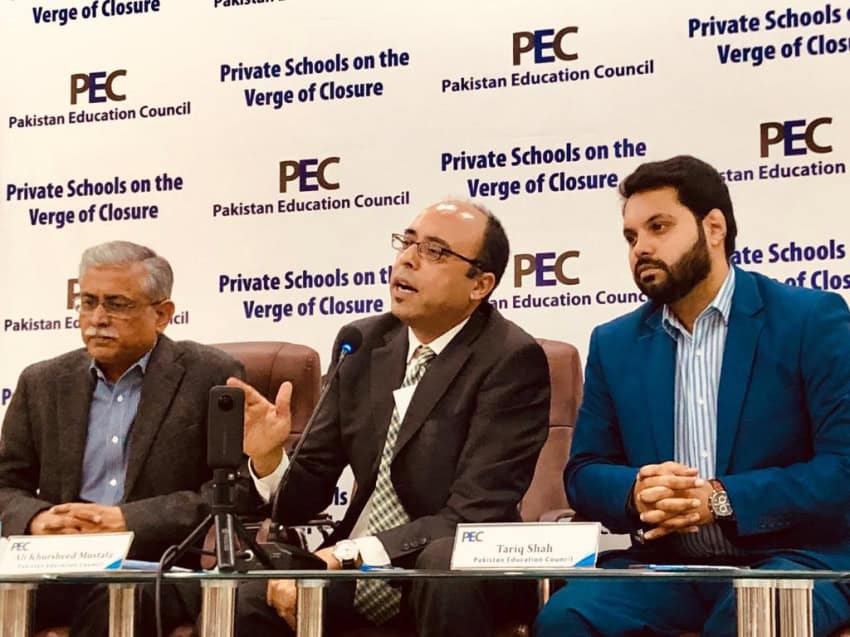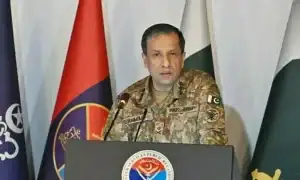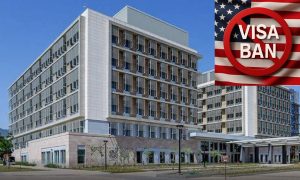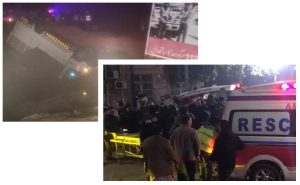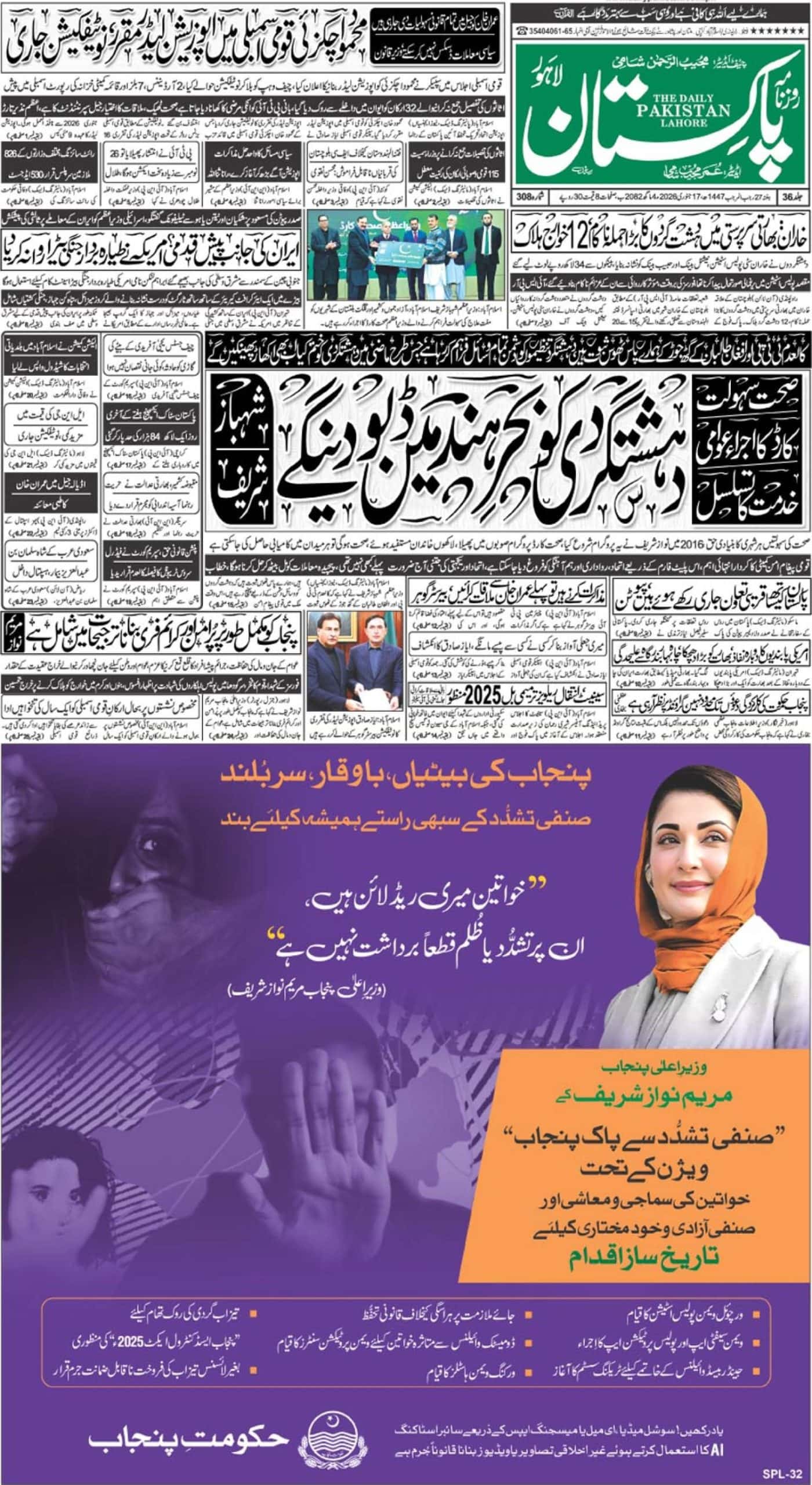KARACHI – A group of concerned educators and private schools from across Karachi, Lahore, and Islamabad have introduced the Pakistan Education Council (PEC) – registered under Section 42 of The Companies Ordinance 1984 – that aims to raise education standards across the country, while proposing practical solutions for addressing our nation’s education emergency.
Yesterday’s panel included some members from PEC’s Sindh chapter. Ali Khurshid Mustafa established Civilizations Public School in North Nazimabad in 2004. Abid Japanwala represents Origins School that was established in 2007. Tariq Shah is Central Chairman of the All Private Schools Management Association, Sindh, and has been representing more than 2,000 private schools across the southeastern province.
These educators say the reason behind the introduction of Pakistan Education Council was an increasingly turbulent sea of hostility that had been directed towards private schools in recent months.
“We have mostly maintained our silence, as we did not wish to engage in a public debate which we felt would be largely counterproductive. However, at this critical stage, we are here to seek help and collaborations from our friends in the media in presenting the other side of the story,” they shared in a media release.
“We hope that we can move away from broad generalisations towards a more solution-oriented approach and wish to propose some recommendations for the way forward,” they added.
Another reason was that some parents had claimed that private schools charge enormous fees and make “windfall profits”. As a result, in October 2018, the Supreme Court of Pakistan set up a Committee headed by the Federal Ombudsman and the Auditor-General of Pakistan to conduct a forensic audit of all private schools’ accounts.
Two months later, an in-depth audit report of 22 schools and school systems was presented to the apex court. The report confirmed that on average, the profit margins of these schools was 7% to 8%, even after adding back the salaries given to directors. This report is available with the Supreme Court of Pakistan and other key stakeholders. This is in stark contrast to the unfortunate false impressions created by a small group of parents.
- 55% of tuition fee collections go directly into staff salaries, because experienced teachers and Heads only work on competitive market salaries.
- 15% of fees go into crippling property rents. In many cases, rents can easily exceed 20-25% of fee collections, especially in major cities like Karachi, Lahore, and Islamabad.
- A further 20% of fees go into Utility expenses, Security expenses, administration costs, repair & maintenance, extracurricular events & many other heads of account.
- Just the three categories above add up to 90% of total tuition fee collections.
- All the above expenses increase daily. Utilities, for example, have risen by 17% per annum over the last several years.
- After the tragic APS Peshawar attack, the government made it mandatory for schools to upgrade their security to a commercial level, increasing expenses many times over.
- Due to excessive load shedding in most parts of the country, many schools have had to provide diesel generators. The cost of both installing and running these generators is exorbitant.
- Private schools are taxed like any private limited company. We pay all taxes including 31% income tax, 17% GST, commercialization fees, and all other federal & provincial taxes.
- Private schools pay 100% salaries, rents, and other expenses during the summer vacations. In fact, expenses like repair and maintenance peak during the summer.
- The Rupee depreciation has further added to inflation, as many items used by private schools are imported, as are the raw materials or parts used to manufacture them (computers/technology, books, learning aids, diesel, generators, ACs, etc.)
Since it is clear from Auditor General of Pakistan’s 188-page report that the average profit margin of these schools is 7-8%, it is difficult to comprehend how school fees can be reduced without seriously eroding education standards across the board.
The human cost of this crisis is very high and goes beyond mere financials. According to Pakistan Education Statistics 2016-17, Ministry of Education, 808,855 out of a total of 1,585,047 teachers in Pakistan (in 2016-17) were employed by the private sector. This is 51% of the total teachers in Pakistan. A large number of these teachers are women.
These changes in the education sector will impact far more than the livelihood and careers of teachers: it will impact the lives and futures of hundreds of thousands of students for generations to come.
In the statement, the educators and schools from across the country further said that “the hostility being faced by private educational institutions is misplaced – because it is not the private schools who are not responsible for the educational crisis in the country.”
“This battle of hearts and minds will ultimately only harm our children,” the statement read.
Thursday’s press conference concluded with one appeal and concrete recommendations:
Appeal
Pledging all out support for the cause, we sincerely request the authorities to act, and save private schools from erosion, and ultimate destruction.
Recommendations
We request the media and journalism community to see beyond the rhetoric and hate speech. We need your active support in propagating constructive narratives. We propose to hold a Workshop on the Economics of Private Education with interested members of the media in Karachi, Lahore, and Islamabad in February 2019 – so that you may decide for yourselves.
We urge the government to set up a National Commission on Private School Fee comprising eminent economists and educators from institutions such as IBA, LUMS, and the State Bank of Pakistan for the purpose of determining an “Education Price Index” for annual fee increases. A relevant journalist would be a welcome addition to this Commission.
Most private schools wish to play a constructive role in nation-building. We are patriotic Pakistanis willing to share our experience and expertise with public schools (which, despite poor standards, continue to educate the vast majority of Pakistani children). We believe we can help in uplifting public education standards through various types of Public-Private Partnerships. A few models for such partnerships already exist in Sindh and Punjab – but much space exists for the creation of innovative models of engagement that ensure maximum participation from the private sector.
The statement ended with gratitude for the parents and members of civil society for their support and concern on this very important national cause.
“Let us hope and pray that we can build a better future for our children and our coming generations,” it concluded.

